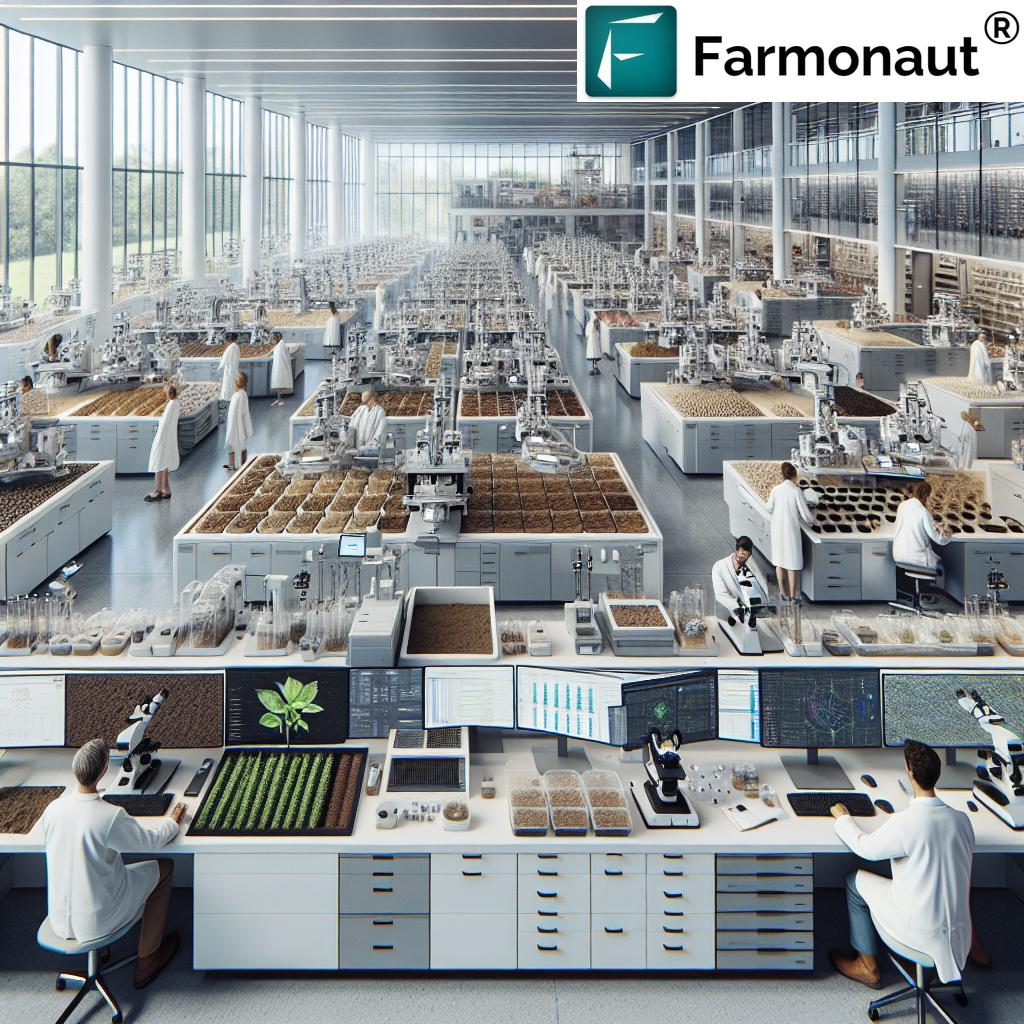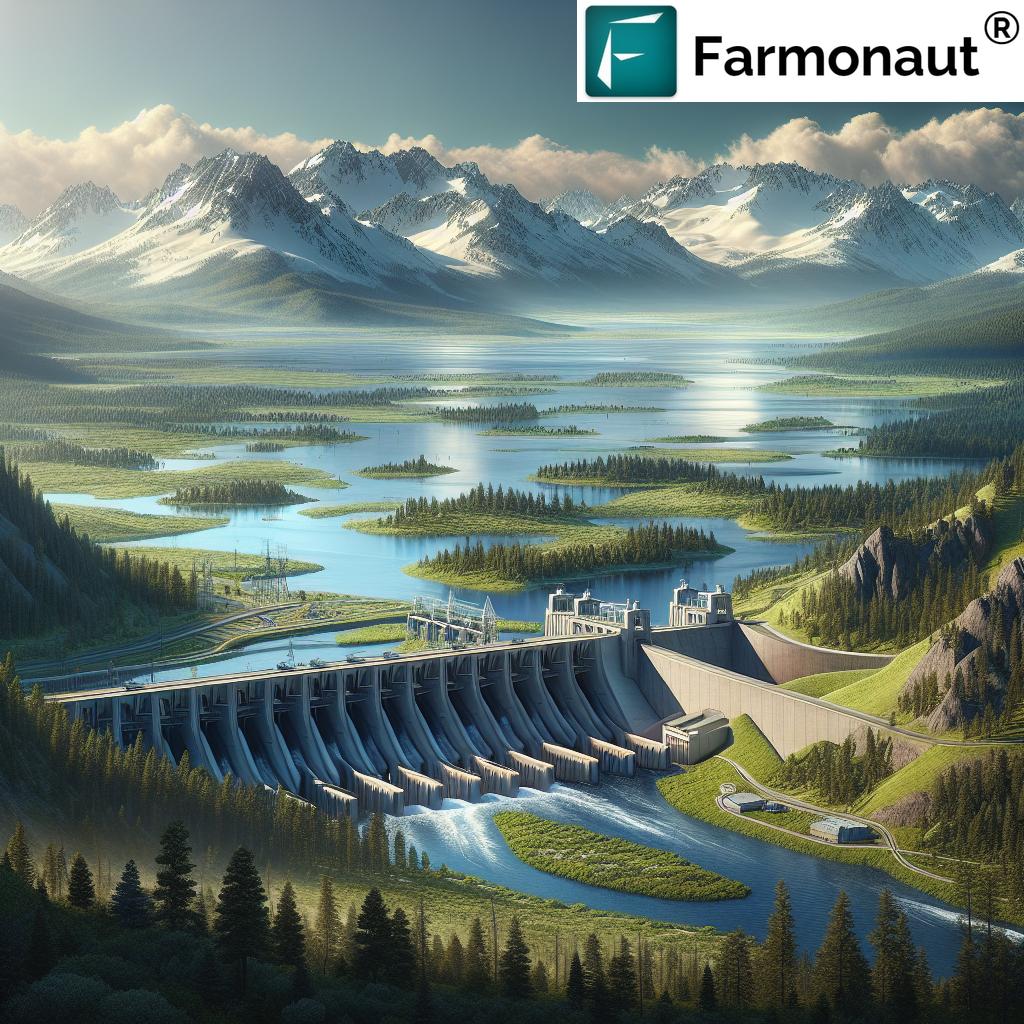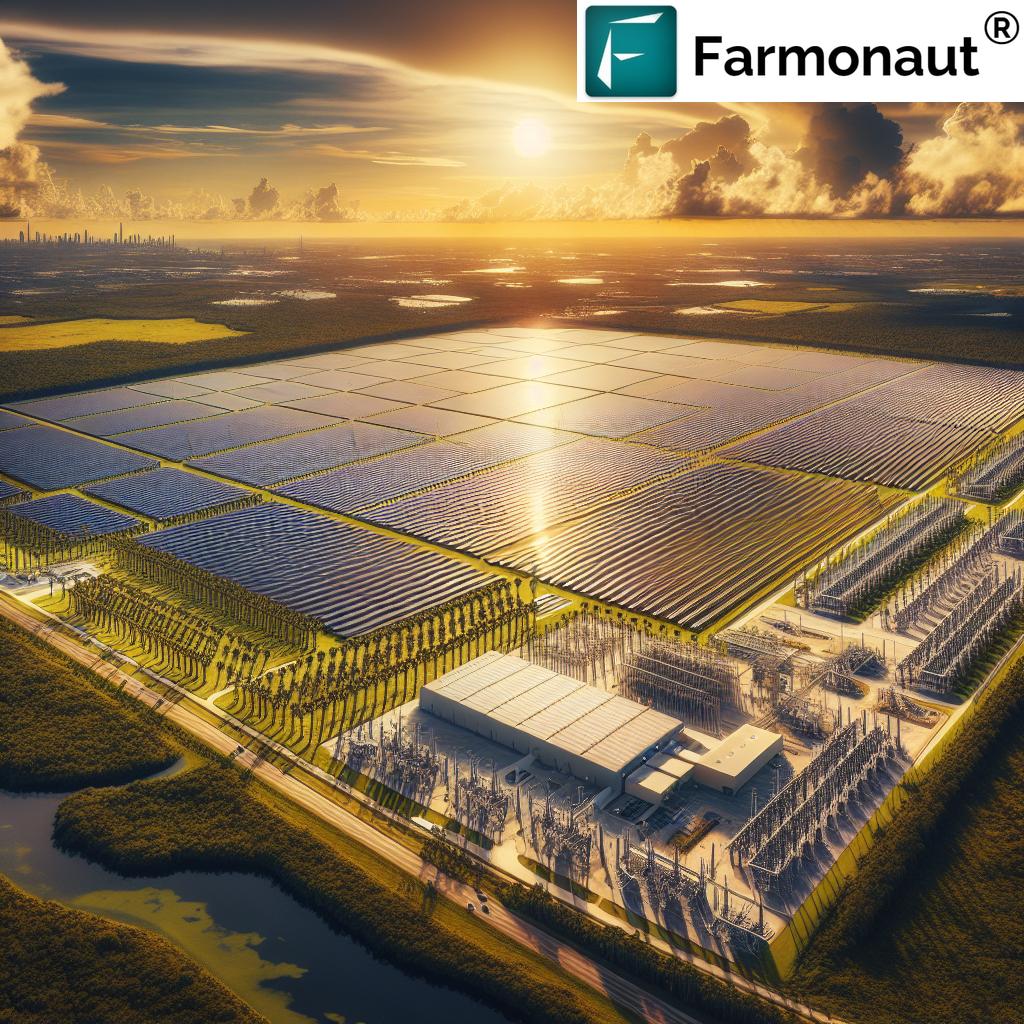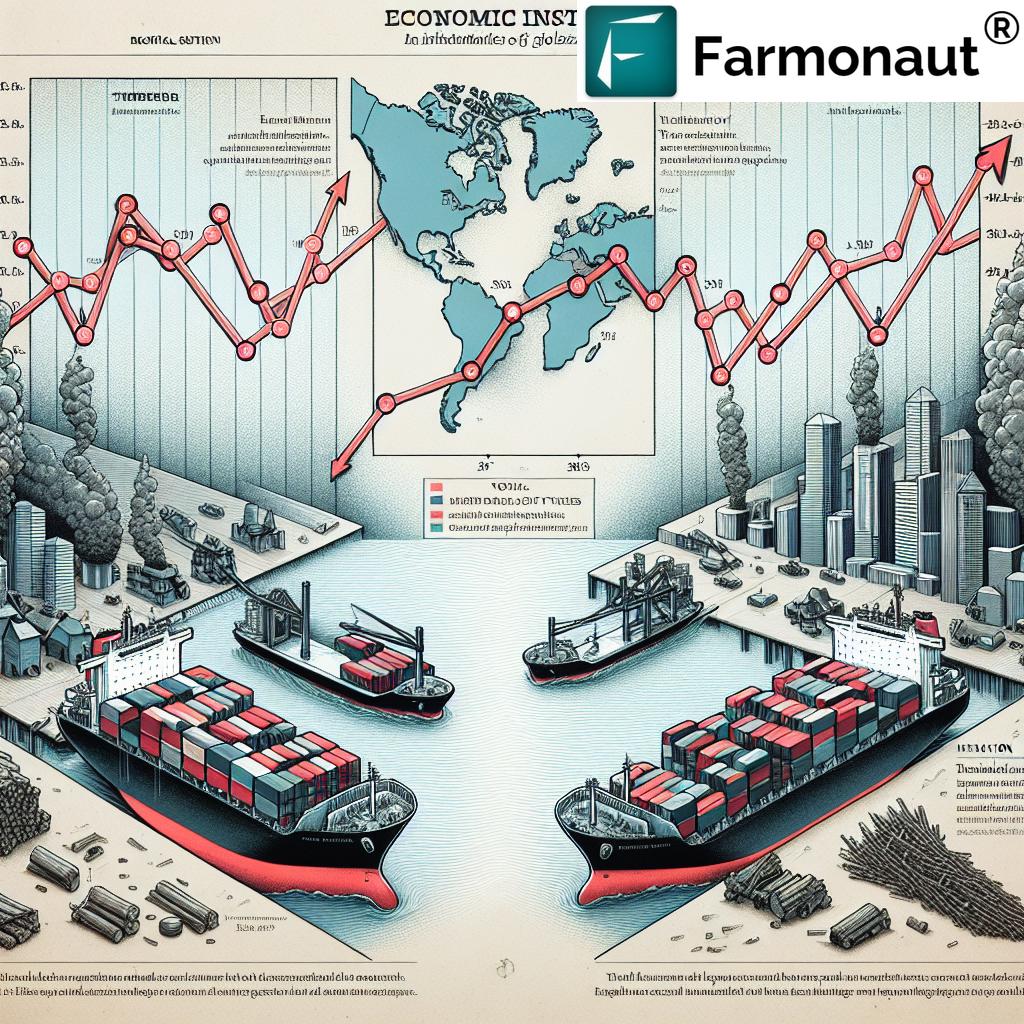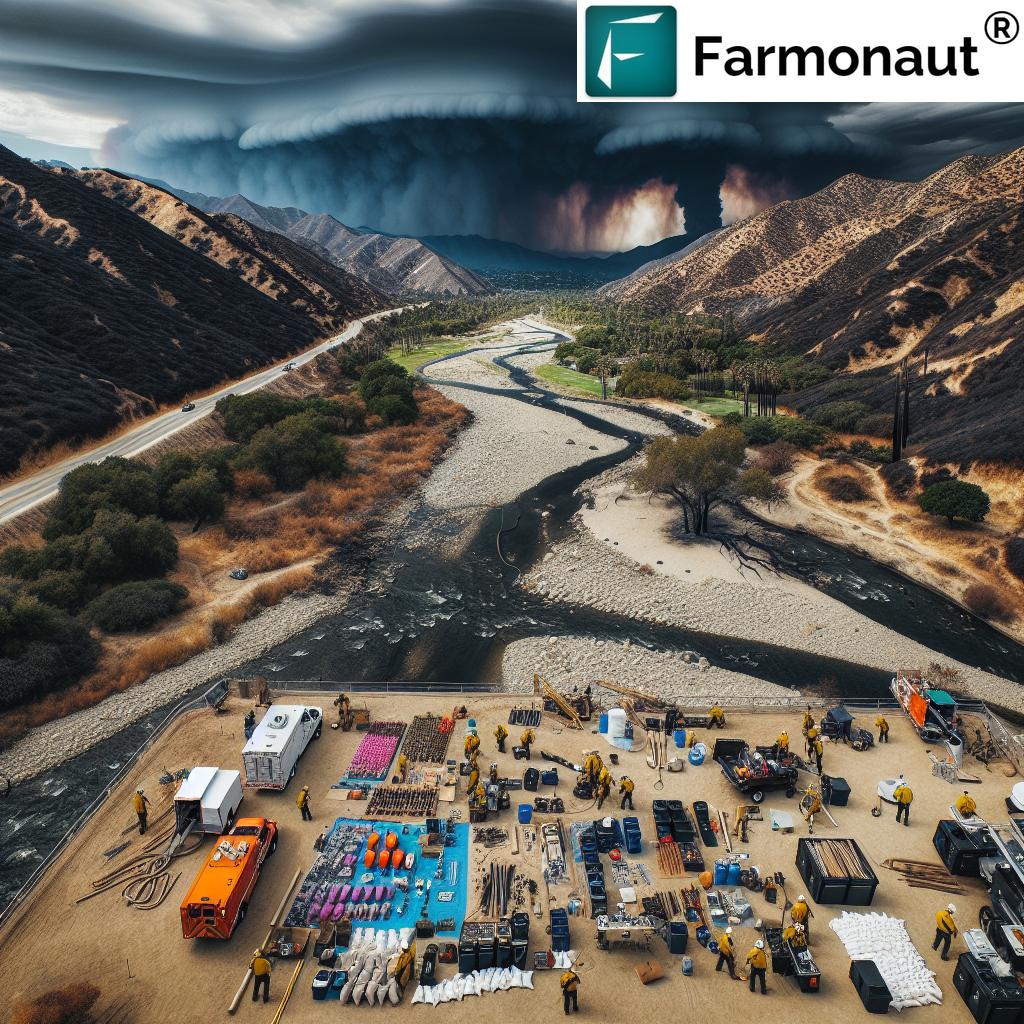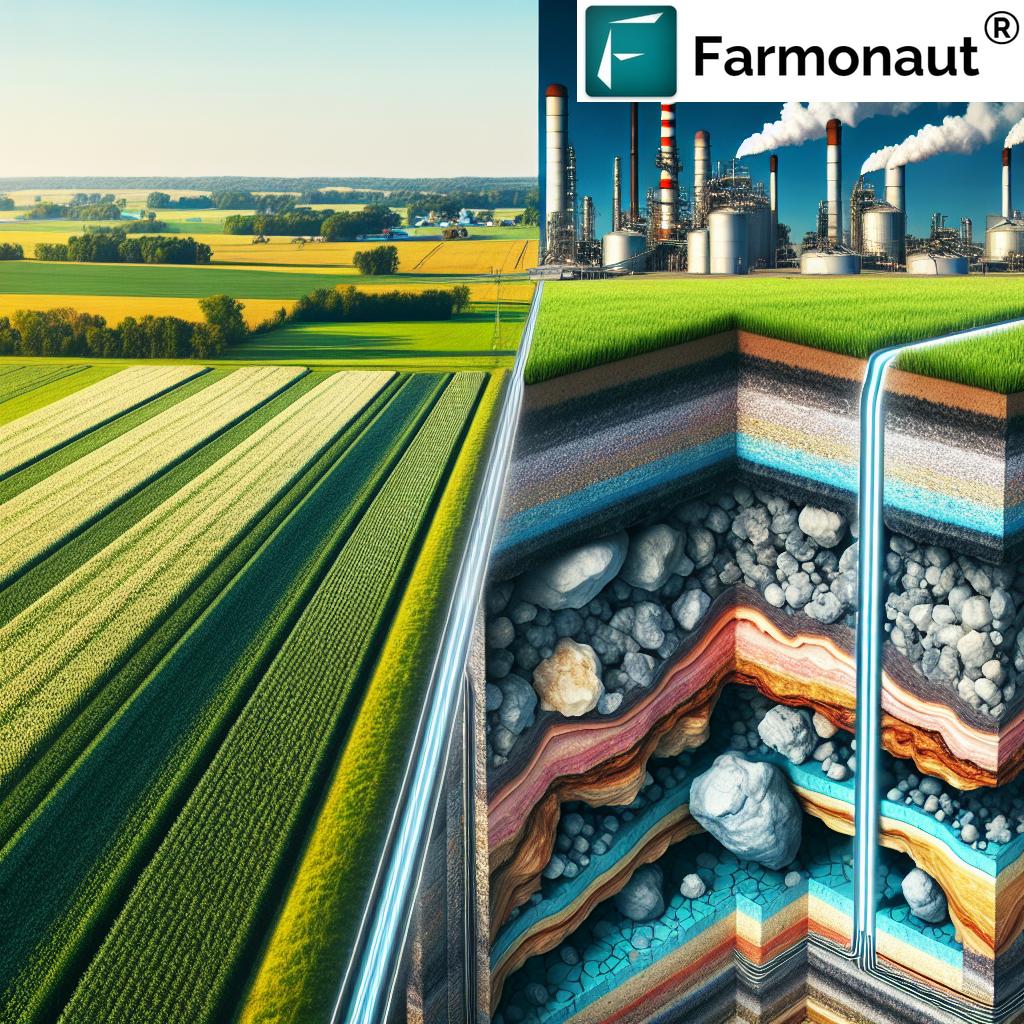Revolutionizing Agriculture: How Urea Fertilizers Boost Crop Yields and Global Food Security in Delray Beach, FL
“The global urea fertilizer market is projected to grow from $80.25 billion in 2024 to $93.25 billion by 2029.”
Welcome to our comprehensive exploration of how urea fertilizers are transforming agriculture and enhancing food security, with a special focus on Delray Beach, FL. In this blog post, we’ll delve into the booming urea fertilizer market, its impact on crop yields, and the innovative technologies shaping the future of farming.
The Urea Fertilizer Market: A Global Perspective
The global urea fertilizer market is on an impressive growth trajectory. As we look towards the future, the numbers speak volumes about the industry’s potential:
| Year | Market Value (Billion USD) | Growth Rate (%) |
|---|---|---|
| 2024 | 80.25 | – |
| 2026 | 85.21 | 3.05 |
| 2028 | 90.48 | 3.05 |
| 2029 | 93.25 | 3.05 |
This robust growth is driven by several factors, including:
- Increasing global population and food demand
- The need for enhanced agricultural productivity
- Technological advancements in fertilizer production
- Growing awareness of soil health and nutrient management
In Delray Beach, FL, farmers are particularly interested in these trends as they seek to optimize their crop yields in the unique subtropical climate of South Florida.
Understanding Urea: The Nitrogen Powerhouse
Urea is a nitrogen-rich fertilizer that plays a crucial role in plant growth and development. With a nitrogen content of approximately 46%, it’s one of the most concentrated sources of this essential nutrient available to farmers. Here’s why urea is so important:
- Nitrogen is a key component of chlorophyll, essential for photosynthesis
- It promotes leafy growth and increases protein content in plants
- Urea improves soil fertility and structure
- It’s cost-effective compared to other nitrogen sources
For farmers in Delray Beach, FL, where the growing season is long and diverse crops are cultivated, urea’s versatility makes it an invaluable tool in their agricultural arsenal.

The Impact of Urea on Crop Yields
The use of urea fertilizers has revolutionized agriculture by significantly boosting crop yields. Here’s how:
- Increased nitrogen availability leads to faster plant growth
- Improved crop quality and higher protein content in cereals
- Enhanced resistance to pests and diseases
- Better water use efficiency in plants
In Delray Beach, FL, where crops like citrus, vegetables, and ornamental plants are common, urea’s impact on yield and quality is particularly noticeable.
Innovations in Urea Fertilizer Technology
The urea fertilizer industry is not resting on its laurels. Continuous innovations are addressing environmental concerns and improving efficiency:
Controlled-Release Fertilizers
These advanced formulations release nitrogen gradually, reducing nutrient leaching and improving uptake efficiency. For Delray Beach farmers, this means less frequent applications and reduced environmental impact.
Urease Inhibitors
By slowing the conversion of urea to ammonia, these additives minimize nitrogen loss through volatilization, a significant concern in Florida’s warm climate.
Precision Agriculture and Urea Application
Technology is revolutionizing how urea is applied in fields. GPS-guided equipment and drone technology allow for precise, variable-rate application, ensuring that each part of the field receives the optimal amount of fertilizer.
Explore Farmonaut’s precision agriculture solutions: 
Sustainable Farming Practices and Urea Use
While urea fertilizers offer significant benefits, their use must be balanced with environmental considerations. Sustainable farming practices in Delray Beach, FL, and beyond include:
- Soil testing to determine precise nutrient needs
- Crop rotation to maintain soil health
- Cover cropping to prevent nutrient runoff
- Integrated pest management to reduce chemical inputs
“Asia Pacific, particularly China and India, leads in both production and consumption of urea fertilizers globally.”
Global Urea Market Dynamics
The urea market is truly global, with production and consumption spread across various regions:
Asia Pacific: The Powerhouse
China and India are the largest producers and consumers of urea, driven by their vast agricultural sectors and growing populations. The region’s demand significantly influences global market trends.
North America: A Growing Market
The United States, including areas like Delray Beach, FL, represents a significant market for urea fertilizers. The focus here is on high-efficiency products and sustainable farming practices.
Europe: Emphasis on Sustainability
European countries are leading the charge in developing eco-friendly urea formulations and application techniques, setting global standards for sustainable fertilizer use.
Middle East and Africa: Emerging Opportunities
These regions are seeing increased investment in urea production facilities, capitalizing on natural gas resources and growing agricultural sectors.
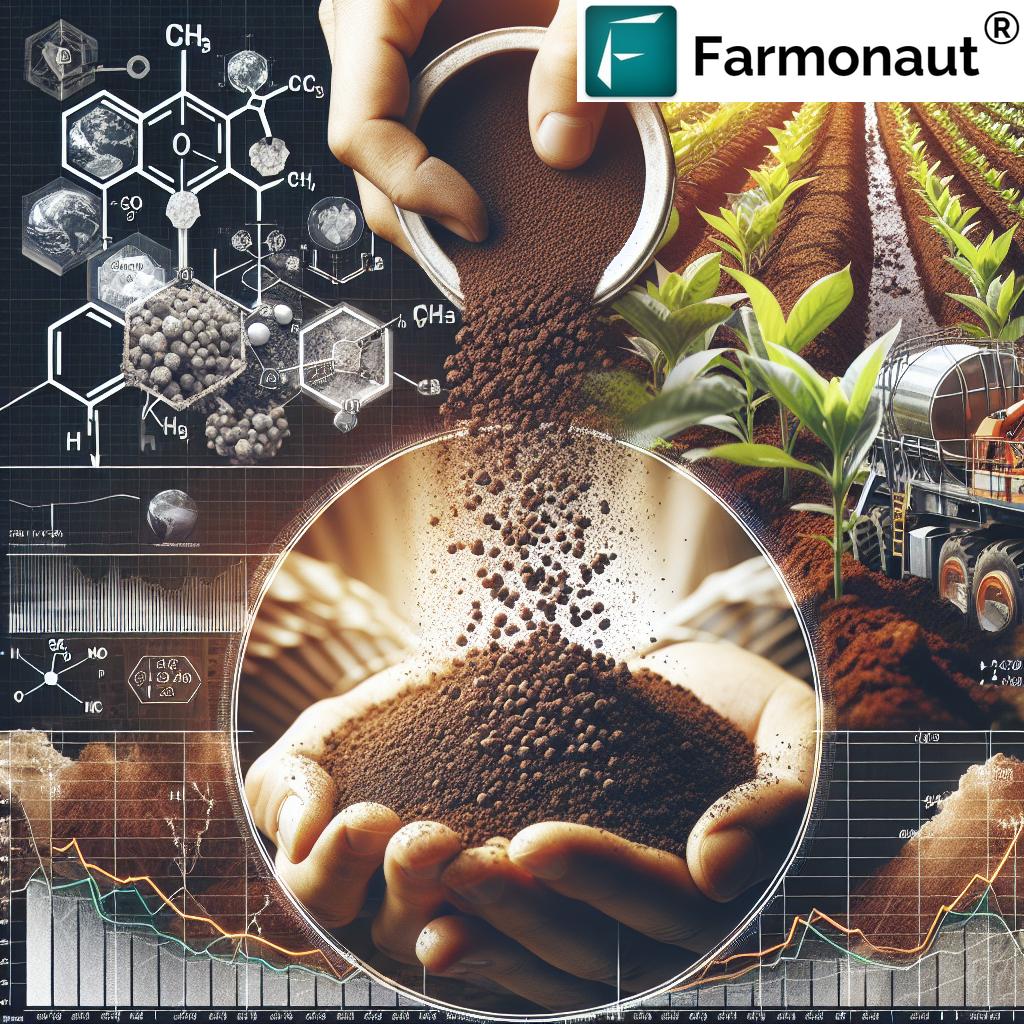
Challenges in the Urea Fertilizer Industry
Despite its growth, the urea fertilizer industry faces several challenges:
- Price volatility due to fluctuating natural gas prices
- Environmental concerns related to nitrogen runoff
- Regulatory pressures to reduce greenhouse gas emissions
- Competition from alternative fertilizers and organic farming methods
In Delray Beach, FL, farmers must navigate these challenges while adhering to local environmental regulations and adapting to climate change impacts.
The Role of Technology in Optimizing Urea Use
Advanced technologies are playing a crucial role in maximizing the benefits of urea fertilizers while minimizing environmental impact. Here’s how:
Satellite-Based Crop Monitoring
Satellite imagery and remote sensing technologies allow farmers to assess crop health and nitrogen needs in real-time, enabling precise fertilizer application.
Discover Farmonaut’s satellite-based solutions: 

AI-Powered Decision Support Systems
Artificial intelligence algorithms analyze multiple data points to provide farmers with personalized recommendations for urea application, considering factors like soil type, weather conditions, and crop stage.
IoT Sensors for Real-Time Monitoring
Internet of Things (IoT) devices placed in fields can continuously monitor soil moisture, temperature, and nutrient levels, allowing for highly precise and timely urea applications.
Blockchain for Supply Chain Transparency
Blockchain technology is being used to track urea from production to application, ensuring quality and preventing fraud in the supply chain.
Explore Farmonaut’s API for advanced agricultural data: Farmonaut API
The Future of Urea Fertilizers and Food Security
As we look to the future, the role of urea fertilizers in ensuring global food security becomes increasingly critical. Here’s what we can expect:
- Development of even more efficient and environmentally friendly urea formulations
- Increased adoption of precision agriculture techniques for optimal urea use
- Greater integration of urea management with overall farm sustainability practices
- Expansion of urea production in regions with growing agricultural sectors
For farmers in Delray Beach, FL, staying abreast of these developments will be crucial for maintaining competitive and sustainable agricultural operations.
Urea Fertilizers and Climate Change Adaptation
As climate change impacts become more pronounced, the role of urea fertilizers in agricultural adaptation strategies is evolving:
- Enhanced nutrient use efficiency to cope with changing precipitation patterns
- Development of stress-tolerant crop varieties that can better utilize urea in extreme conditions
- Integration of urea management with water conservation techniques
- Research into carbon sequestration potential of urea-enhanced agricultural practices
In Delray Beach, FL, where sea-level rise and changing weather patterns are concerns, these adaptations are particularly relevant.
The Economic Impact of Urea Fertilizers
The urea fertilizer industry has far-reaching economic implications:
- Job creation in manufacturing, distribution, and agricultural sectors
- Contribution to GDP through increased agricultural productivity
- Support for rural economies and food security initiatives
- Driving innovation in the chemical and agricultural technology industries
For a community like Delray Beach, FL, the economic ripple effects of a thriving agricultural sector supported by efficient fertilizer use are significant.
Urea Fertilizers and Crop Diversification
The versatility of urea fertilizers supports crop diversification efforts:
- Enabling farmers to grow a wider range of crops by meeting varied nutrient needs
- Supporting the cultivation of high-value specialty crops
- Facilitating crop rotation practices for improved soil health
- Aiding in the introduction of new crop varieties adapted to changing climates
This diversification is particularly important in regions like Delray Beach, FL, where agricultural innovation is key to economic resilience.
Education and Training in Urea Fertilizer Management
As urea fertilizer technology advances, education becomes increasingly important:
- Training programs for farmers on optimal urea application techniques
- Extension services providing up-to-date information on best practices
- Integration of fertilizer management into agricultural education curricula
- Public awareness campaigns on the environmental aspects of fertilizer use
In Delray Beach, FL, local agricultural extension services play a crucial role in disseminating this knowledge to farmers.
The Role of Policy in Shaping Urea Fertilizer Use
Government policies significantly influence the urea fertilizer market and its application:
- Subsidies and incentives for efficient fertilizer use
- Regulations on environmental impact and safety standards
- Support for research and development in sustainable fertilizer technologies
- Trade policies affecting global urea market dynamics
Farmers in Delray Beach, FL, must navigate both state and federal policies that impact their fertilizer use decisions.
Conclusion: The Future of Agriculture with Urea Fertilizers
As we’ve explored throughout this post, urea fertilizers are playing a pivotal role in revolutionizing agriculture and enhancing global food security. From boosting crop yields to supporting sustainable farming practices, the impact of urea is far-reaching and continually evolving.
For farmers in Delray Beach, FL, and around the world, staying informed about the latest developments in urea fertilizer technology and management practices is crucial. By embracing innovation, adopting precision agriculture techniques, and prioritizing sustainability, we can harness the full potential of urea fertilizers to meet the growing global demand for food while protecting our environment.
As we look to the future, the integration of advanced technologies like those offered by Farmonaut will be key to optimizing urea use and maximizing agricultural productivity. By leveraging satellite imagery, AI-powered insights, and real-time data analytics, farmers can make more informed decisions about fertilizer application, leading to better yields, reduced environmental impact, and improved profitability.
The journey towards a more sustainable and productive agricultural future is ongoing, and urea fertilizers will undoubtedly continue to play a crucial role in this evolution. By staying informed, adapting to new technologies, and prioritizing best practices, we can ensure that agriculture remains a cornerstone of global food security for generations to come.
FAQ Section
Q: What is urea fertilizer?
A: Urea fertilizer is a nitrogen-rich chemical compound with the formula CO(NH₂)₂. It contains about 46% nitrogen, making it one of the most concentrated nitrogen fertilizers available.
Q: How does urea fertilizer benefit crops?
A: Urea fertilizer provides essential nitrogen for plant growth, promoting leaf development, increasing protein content, and enhancing overall crop yields.
Q: Is urea fertilizer safe for the environment?
A: When used correctly, urea can be environmentally safe. However, overuse can lead to nitrogen runoff. Modern formulations and application techniques help mitigate environmental risks.
Q: How is precision agriculture changing urea application?
A: Precision agriculture uses technologies like GPS, satellite imaging, and IoT sensors to apply urea more accurately, reducing waste and improving efficiency.
Q: What are controlled-release urea fertilizers?
A: These are advanced formulations that release nitrogen gradually over time, reducing nutrient loss and the need for frequent applications.
Q: How does climate change affect urea fertilizer use?
A: Climate change may alter optimal application times and rates. Farmers are adapting by using more efficient formulations and precision application techniques.
Q: Can urea fertilizer be used in organic farming?
A: Synthetic urea is not permitted in certified organic farming. However, there are organic alternatives that provide nitrogen to crops.
Q: How is technology improving urea fertilizer management?
A: Technologies like satellite imaging, AI-powered advisory systems, and IoT sensors are helping farmers optimize urea application timing and rates.
Q: What is the future outlook for the urea fertilizer market?
A: The market is expected to grow significantly, driven by increasing food demand and technological advancements in fertilizer production and application.
Q: How can farmers in Delray Beach, FL, optimize their urea fertilizer use?
A: Farmers can utilize local extension services, adopt precision agriculture techniques, and stay informed about the latest urea management practices suited to Florida’s unique climate and soil conditions.
For more information on how Farmonaut can help optimize your fertilizer management and crop yields, visit our website or download our app today!
Stay tuned for more insights on agricultural innovations and how they’re shaping the future of farming in Delray Beach, FL, and beyond!


